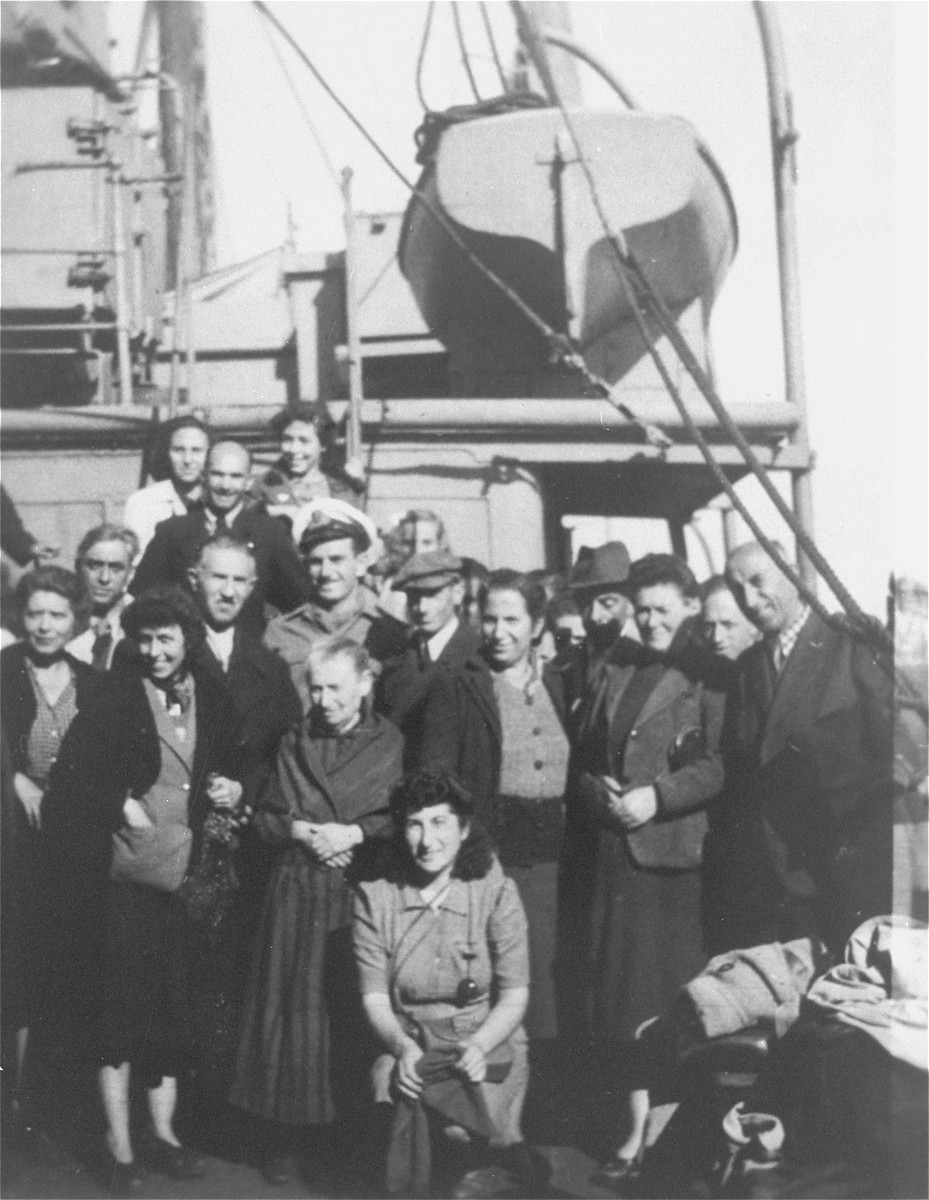Tricase Displaced Persons Camp
For the Jews who survived the Holocaust, the end of World War II brought new challenges. Many could not or would not return to their former homelands, and options for legal immigration were limited. In spite of these difficulties, these Jewish survivors sought to rebuild their shattered lives by creating flourishing communities in displaced persons camps in Germany, Austria, and Italy. In an unparalleled six-year period between 1945 and 1951, European Jewish life was reborn in camps such as Tricase.
A mid-sized displaced persons (DP) camp at the southern tip of Italy, Tricase was founded in 1944 by the Allied Commission. This small camp quickly outgrew its quarters in requisitioned holiday villas. "During the most recent visit made in January 1946 it was definitely established that Tricase could not accommodate more than 800 persons during the winter season since the unused villas were considered uninhabitable," stated the UNRRA (United Nations Relief and Rehabilitation Administration), which assumed management of the camp in late 1945.

Tricase housed many members of the Betar kibbutz and the camp's Zionist orientation was evident in the many lectures and activities conducted by Israeli envoys. Like other southern Italian DP centers, Tricase also served as a staging ground for "illegal" immigration to Palestine. Two of the camp's kibbutzim bought radios that aided communication with Palestine and clandestine charter ships.
Cultural life in the kibbutz focused on sports, including organized table tennis and boxing tournaments, and a three-week-long chess competition in the summer of 1946.
Critical Thinking Questions
- What challenges did survivors face in the DP camps?
- What challenges did the Allies face in establishing and supervising DP camps?
- What responsibilities do (or should) other nations have regarding refugees from war and genocide?

